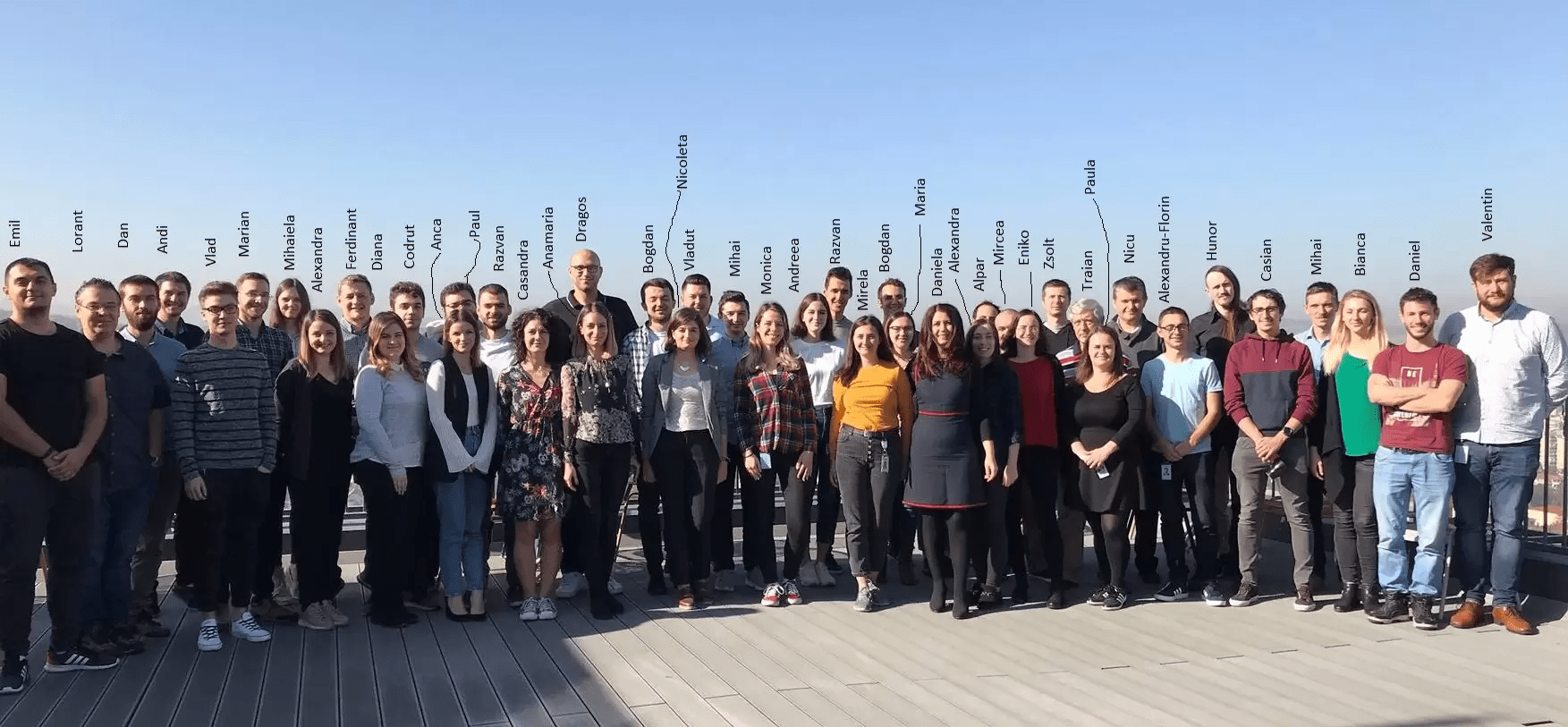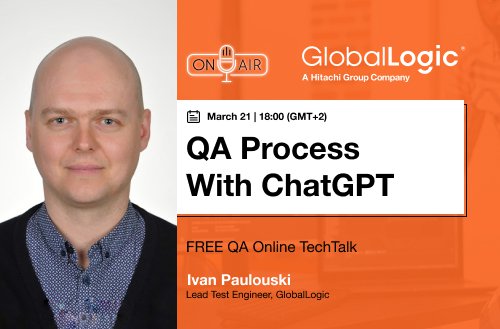- Services
Technology Capabilities
Technology Capabilities- Product Strategy & Experience DesignDefine software-driven value chains, create purposeful interactions, and develop new segments and offerings
- Digital Business TransformationAdvance your digital transformation journey.
- Intelligence EngineeringCreate high-value products faster with AI-powered and human-driven
- Software Product EngineeringCreate high-value products faster with AI-powered and human-driven engineering.
- Technology ModernizationTackle technology modernization with approaches that reduce risk and maximize impact.
- Embedded Engineering & IT/OT TransformationDevelop embedded software and hardware. Build IoT and IT/OT solutions.
- Industries
- GlobalLogic VelocityAI
- Insights
White PapersSeptember 17, 2024Diana SocaciuElevating Romanian Tourism with GlobalLogic: Apuseni App
The innovative banking apps, such as the one we'll explore in this case study, succeed ...
 Case StudiesGlobalLogic
Case StudiesGlobalLogicFrom Legacy to Leading-edge: A Global Software Leader’s ...
Discover how GlobalLogic’s AI-powered solutions helped a global software leader migrate...

- About
Daniel, Senior COBOL Developer, on Mastering Your Software Craft
Daniel Vrannai joined our team 13 years ago. He has seen the company grow from 100 to almost 1300 colleagues and is proud to have left a mark in this story.
Get a glimpse #BehindTheCode. Discover Daniel’s career journey and the Product Lifecycle Management (PLM) System he is working on. Learn about his passion for solving complex technical challenges and the joy he found in mastering the software craft he’s building.
Can you please tell us a bit about yourself? Your studies, hobbies, passions.
Looking down at my beer belly, I laugh remembering that once I was as skinny as a stick. I was the top athlete in my school, played basketball, volleyball, and practiced martial arts for 7 years. While these passions remained an echo of the past, I can definitely say I was a geek from a young age and until now. 😊
My father bought his first computer when I was 3. I grew up playing computer games and learning software development. When I was 6 years old, I wrote a mini-program in QuickBASIC, just for fun. Later in high school, I found out that I was really good at writing algorithms and had problem-solving skills. I dropped-out for a when in college, which I am not proud of. But it was a slightly depressive chapter in my life, and I had to find something to help me get myself together. That anchor was my job.
Please describe your career journey and your current role.
I joined the team 13 years ago as a Junior COBOL Developer, having my father as a colleague. Guided by him, I learned the basics of COBOL in a week. After that, I applied for the job and got accepted. In the first years of my journey here, I brushed up my SQL skills (DB2) and learned some IBM technologies like TSO, JCL, and MQ. With every task I’ve completed, I’ve accumulated more and more business know-how about the project.
I frequently traveled to Germany, some trips taking up to 4 weeks. The main objectives were knowledge-sharing and building a strong and trusting relationship with the client.
Working with a niche technology, I was responsible for many tasks which were of a proof of concept (PoC) type for me, as I found nothing similar done before. Understanding the legacy code came with a lot of challenges. But I can say that the struggle was worth it, as I managed to grow professionally and am currently mastering this area. I know exactly how to solve almost every task, and the client sees me as an expert on the project. It’s a great feeling to realize that you can master your software craft.
Tell us a bit about the software project you are currently working on.
I’m working on a Product Lifecycle Management (PLM) System. Our client is a well-known German car manufacturer with factories worldwide and many systems that serve a particular scope. Our project is about the central system that all the other systems are connected to. It documents the entire lifecycle of the cars from design to production, and finally, maintenance and spare parts. It is a long-term, critical project that must be stable and available all the time.
It also needs new features and continuous improvement, so the manufacturer can maintain a leading position on the market.
What’s the project’s tech stack like?
The data is stored on the “Host” (this is what we call the IBM Mainframe) in a DB2 database system. Almost the entire business logic is coded into COBOL programs that run on the Host and serve a Java client for data visualization and manipulation or run periodically as a batch for mass data processing. We also have Java EE on the server-side for authentication and for taking over bits of the back-end processing for new functionalities.
What are your favorite and most challenging things about this project?
My favorite areas of the project are the design and implementation of complex tasks. As a back-end developer, I am dealing with data structures for storing data and algorithms for retrieving and manipulating data. I love solving complex tasks. The more complex the task is, the better. And SQLs, complex SQL queries.
The most challenging part comes from the legacy code and the lack of specifications.
Tell us more about your team.
My team is awesome. We are all proactive and strive to do our best to meet the deadlines and the quality standards on the project. We also have each other’s back, so if one falls behind with a task (due to underestimation), the others jump in and help finish it.

A postcard from Daniel and his team
Recently, Fortech became part of GlobalLogic. What’s next in your career journey, and what do you expect?
Although it is easy for me to write COBOL code and it was a good opportunity to learn the vast business logic behind the project, I think it’s time to move further and discover new #perspectives in my professional development. Currently, I am transitioning to the Java server-side, where I can use my business know-how about the project and have more time to improve my technical skills. I will discover how to solve the needs using Java instead of COBOL. I just learned that there is also a concept for a person capable of doing many things and expert in at least one. I guess I am starting to look T-Shaped now.
I love my job and I think the numbers speak for themselves. I saw our company growing from 100 to almost 1300 colleagues in more than 10 years, so I am sure a lot of things are being done right here. With Fortech becoming GlobalLogic, I can seize lots of opportunities. New projects, new customers, new perspectives. I am looking forward to exploring them all along.


